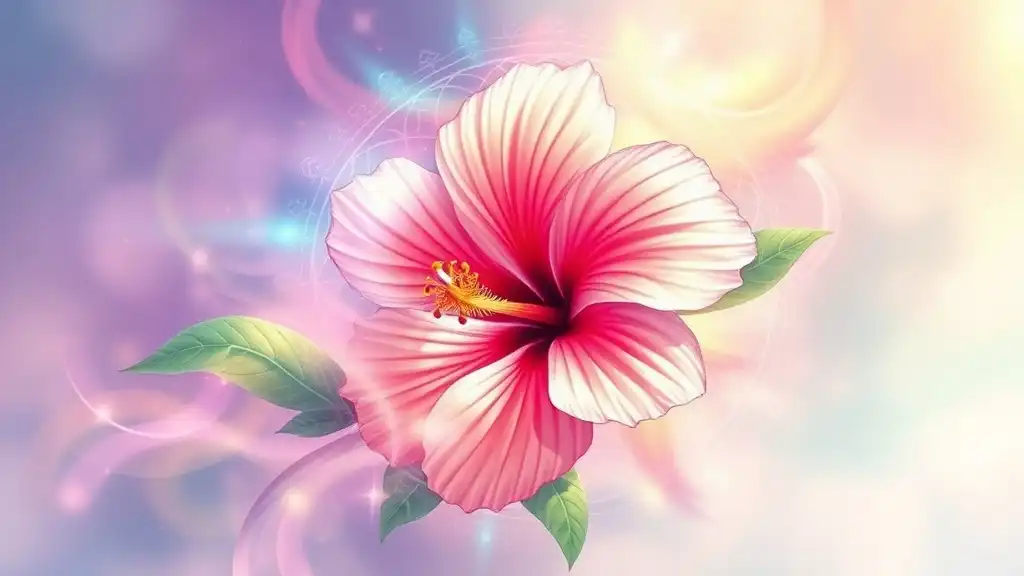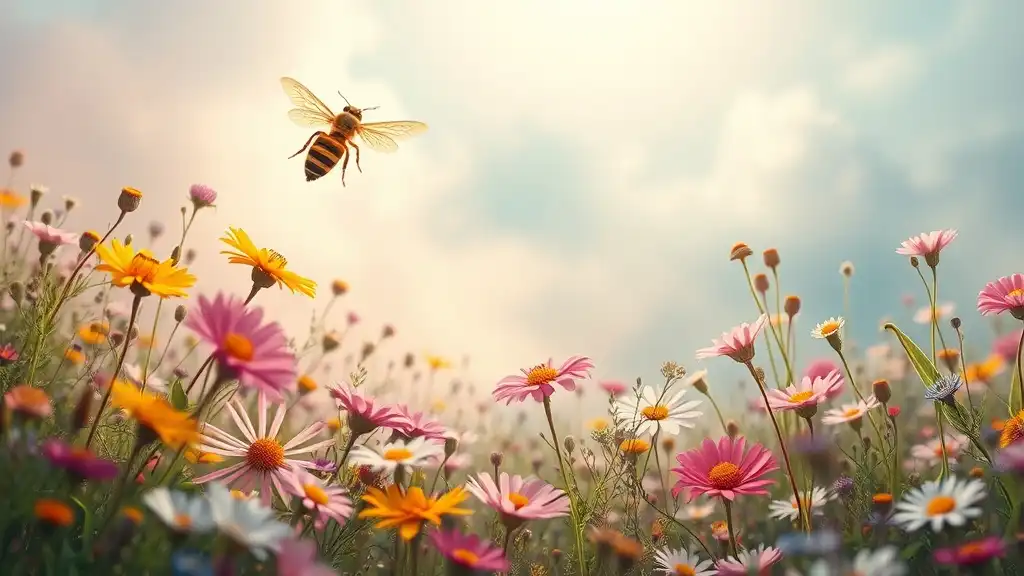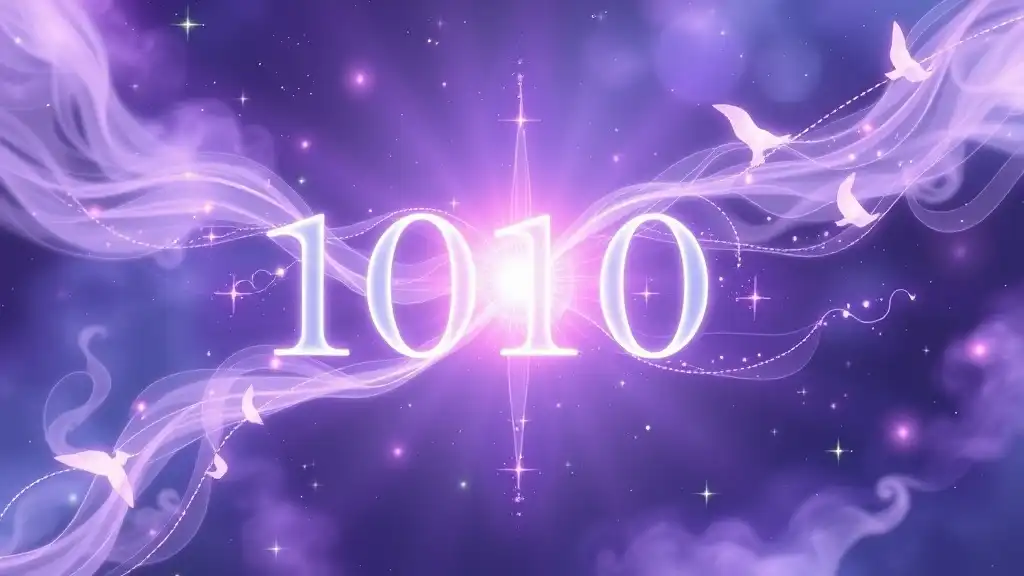The hibiscus flower, with its vibrant hues and delicate structure, carries significant spiritual weight across various cultures and traditions. It represents more than just beauty; it embodies a profound connection to love, resilience, and personal growth. Understanding its spiritual meaning opens a doorway to embracing its energies in our daily lives.
The Hibiscus Flower: Symbolism and Traits
Hibiscus, belonging to the Malvaceae family, is known for its large, stunning flowers that can bloom in colors ranging from deep red to soft pink, yellow, and white. Each color holds unique spiritual significance. For instance, red hibiscus symbolizes passion and love, while yellow hibiscus often represents beauty and joy. This floral diversity allows individuals to find personal connections to the specific hues, which can enhance their intended meanings.

Hibiscus in Different Cultures
Hibiscus in Traditional Medicine
In many cultures, hibiscus is not merely seen as a decorative plant; it also plays a significant role in traditional medicine. Ancient texts and practitioners have utilized hibiscus for its healing properties, aiding in various ailments ranging from high blood pressure to digestive issues. Beyond its physical therapeutic qualities, hibiscus is closely tied to spirituality and healing. The act of consuming hibiscus tea, for instance, is seen not just as a health boost but as a ritual for purification and emotional cleansing.
Hibiscus in Different Religions
Hibiscus is steeped in spiritual narratives that enrich various religious practices. In Hinduism, the flower is often associated with the goddess Kali, symbolizing transformation and devotion. Devotees offer hibiscus during rituals, believing it attracts divine energy. In Buddhism, hibiscus represents impermanence, reflecting the beauty of life’s fleeting moments. Its presence in ceremonies in different spiritual contexts exemplifies the universal longing for connection with the sacred.

Spiritual Meanings of Hibiscus
Love and Passion
The hibiscus flower has long been a symbol of love and passion. Its heart-shaped blooms resonate with romantic energy, making it a popular choice for lovers. The plant is often used in love rituals, inviting deeper connections in relationships. Its rich colors evoke feelings of warmth, tenderness, and romantic affection. Incorporating hibiscus into your personal space can nurture a soothing atmosphere for love to flourish.
Beauty and Elegance
Beauty, both inner and outer, is a prominent theme associated with hibiscus. The flower's enchanting appearance encourages self-acceptance and confidence. It serves as a reminder to embrace one’s uniqueness and elegance, inspiring individuals to express their true selves. Acknowledge the hibiscus as an emblem of divine beauty, prompting a personal journey of self-discovery and empowerment.
Resilience and Strength
In the natural world, the hibiscus plant is known for thriving in challenging conditions, symbolizing resilience and strength. Its ability to bloom against odds is a powerful metaphor for our journeys through adversity. Embracing the spirit of the hibiscus encourages personal growth, reminding us to rise and blossom even when faced with obstacles. It serves as a motivator for overcoming struggles and believing in one’s potential to thrive.

Using Hibiscus in Spiritual Practices
Meditation and Visualization
Hibiscus can be a profound ally in meditation practices. Incorporating the essence of the hibiscus into your meditation can enhance feelings of love and compassion. Try visualizing a hibiscus flower during your sessions. Imagine its vibrant colors enveloping you in warmth and emotional healing, allowing you to connect deeply with its spiritual vibrations.
Hibiscus in Aromatherapy
Hibiscus essential oils possess qualities that benefit emotional and spiritual well-being. The soothing aroma can uplift the spirit, reduce anxiety, and promote relaxation. Incorporating hibiscus through aromatherapy — whether in diffusers or bath rituals — surrounds you with an atmosphere of tranquility, enhancing your meditative practices and inviting gentle energy into your daily life.

Hibiscus in Rituals and Ceremonies
Hibiscus in Celebrations
Hibiscus plays a significant role in celebrations and ceremonies across many cultures. In weddings, hibiscus flowers symbolize joy, unity, and lasting love. Its presence enhances the occasion, making it even more special. Ritual offerings of hibiscus can invoke blessings, signifying the flourishing of love and harmony, not only between couples but also among family and friends.
Crafting Personal Rituals with Hibiscus
You can create your own spiritual rituals incorporating hibiscus. Begin by setting intentions: what qualities do you wish to cultivate? Gather fresh or dried hibiscus flowers and incorporate them into your personal rituals, perhaps lighting a candle and reciting affirmations about love, beauty, and resilience. Engaging with hibiscus in such rituals fosters a deeper connection and invites its transformative energies into your life.

Conclusion: Embracing the Spiritual Energy of Hibiscus
The hibiscus flower is a rich tapestry of spiritual meaning, encompassing themes of love, beauty, resilience, and growth. By understanding and engaging with hibiscus, you can deepen your spiritual practice and connect with its powerful energies on a personal level. Whether you admire its beauty in your garden or incorporate it into your rituals, the hibiscus serves as a constant reminder of the transformative power of nature and the spirit within us all.














